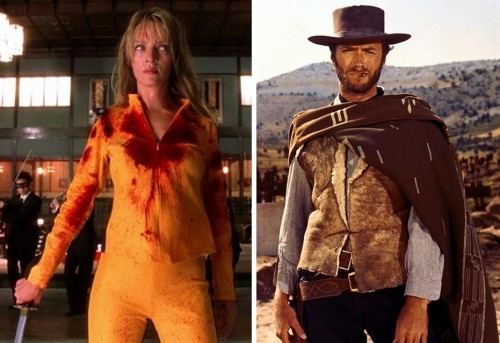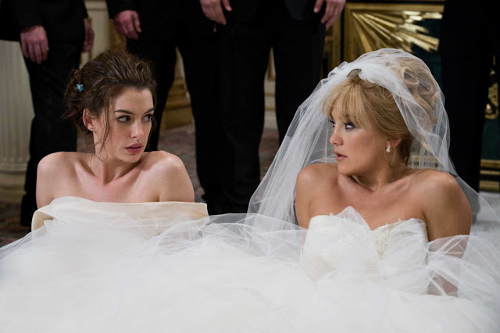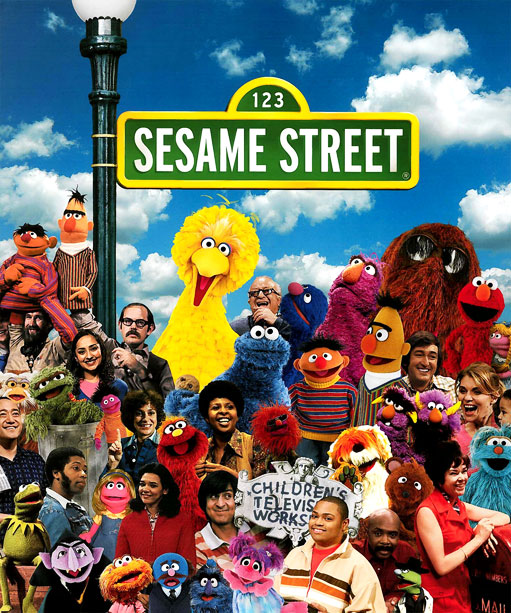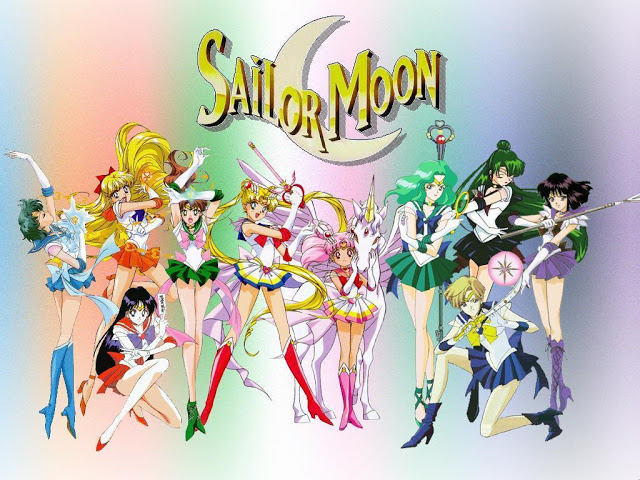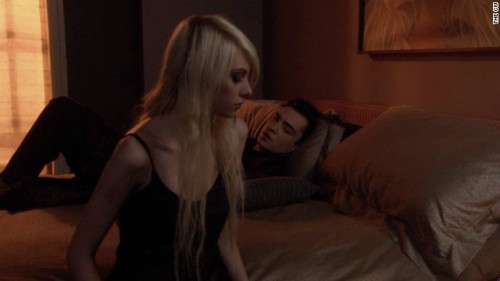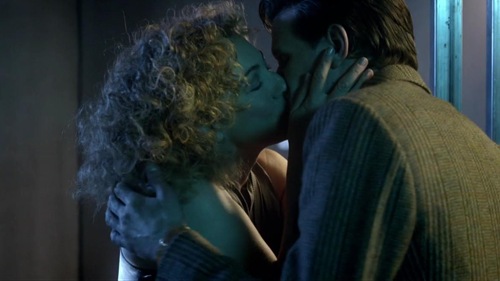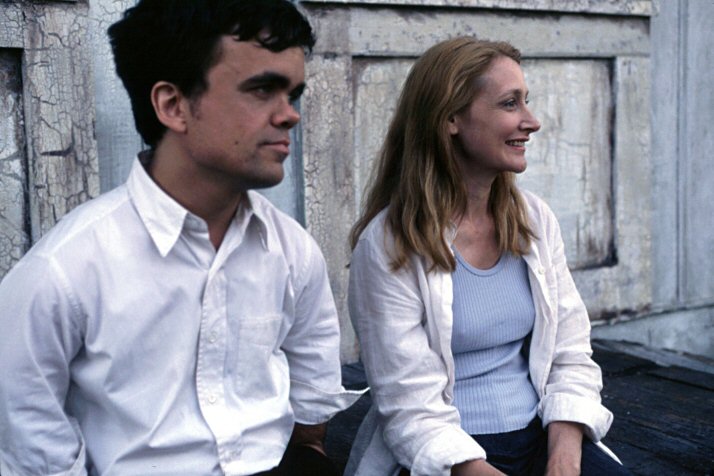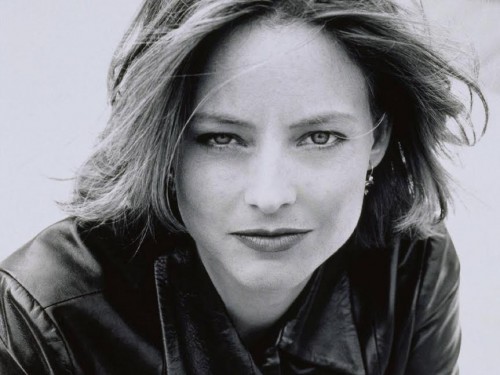Creating the Mythology of Beatrix Kiddo Through Music
Tarantino’s vast knowledge of music is clear from the very beginning with ‘Reservoir Dogs.’ However, it isn’t until the ‘Kill Bill’ series when his soundtracks begin to drift away from pop and instead embrace more orchestral sounds like that of Ennio Morricone. Viewers need no knowledge of the genre to instantly recognize that spaghetti western feel. It’s that famous mix of Spanish guitar, orchestra, whistles, cracking whips, trumpet, flute and sometimes chorus that recalls images of Clint Eastwood clad in a green poncho and cowboy hat as the iconic Man with No Name.
